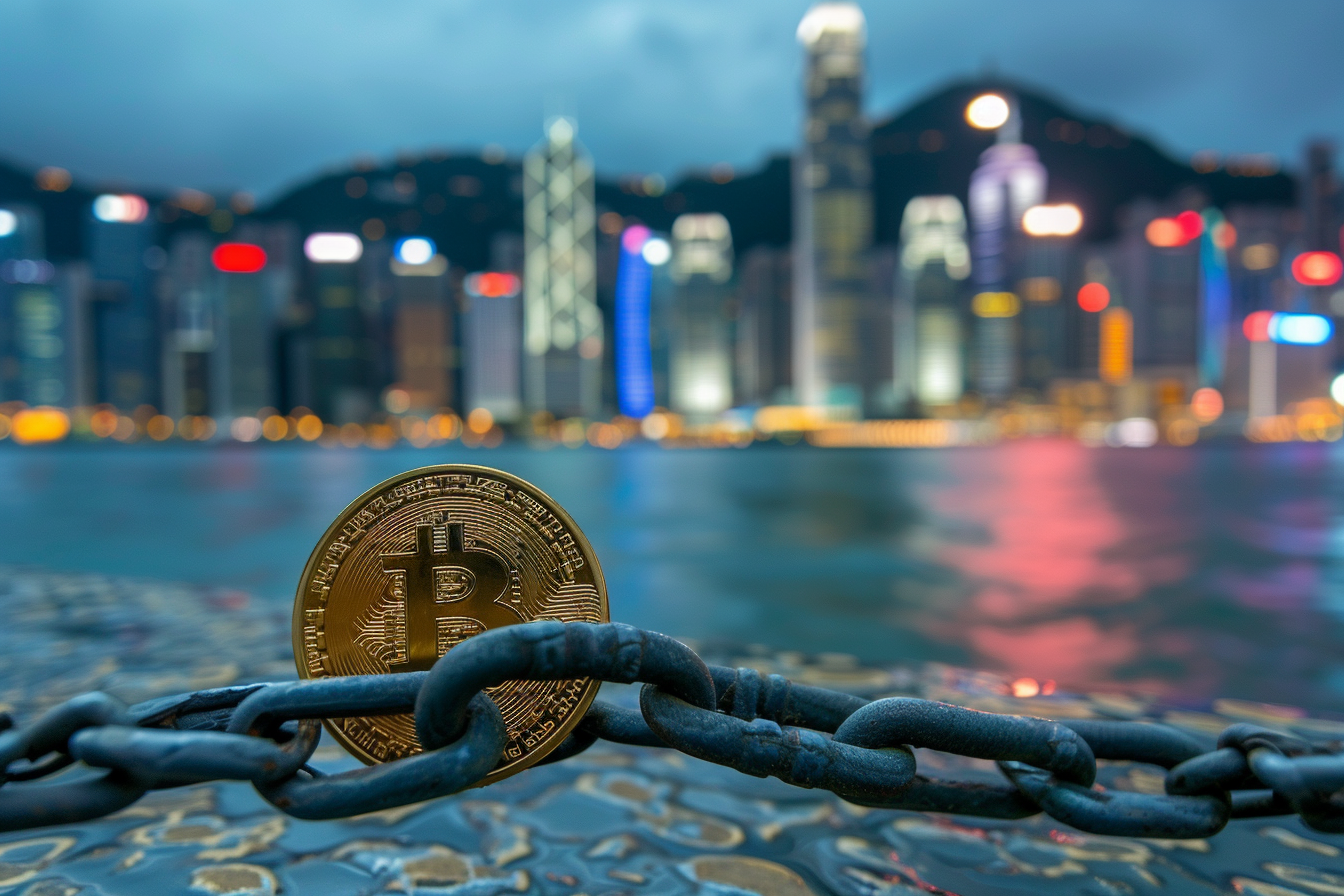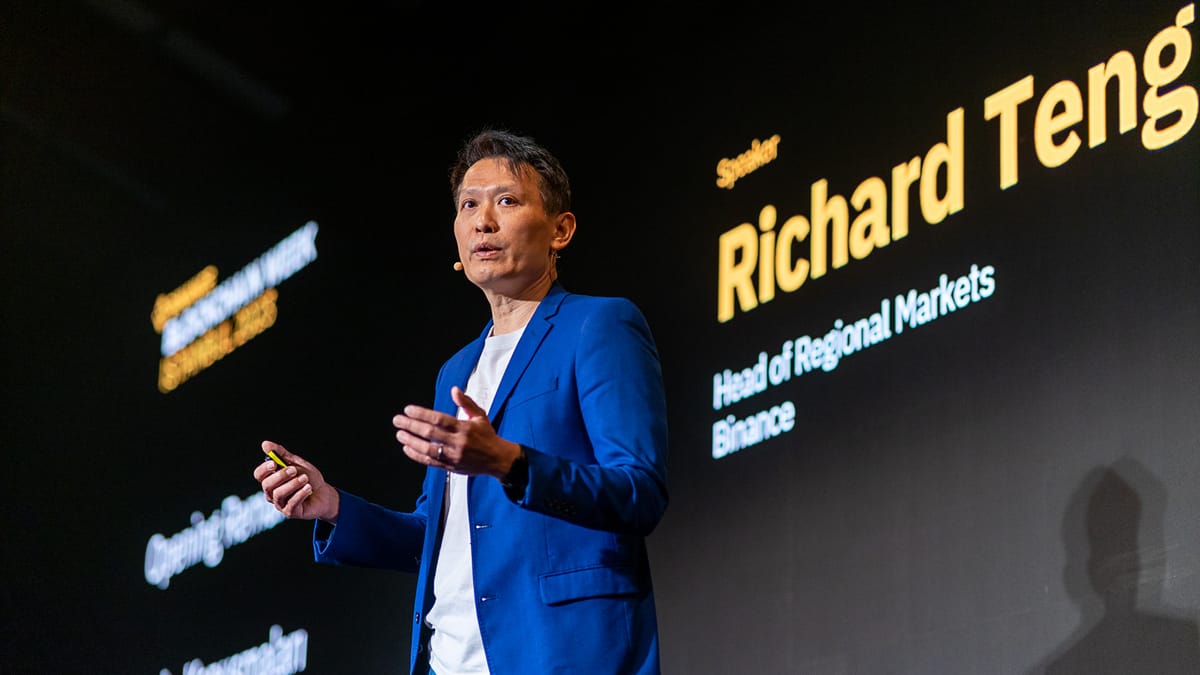Table of Contents
Today's newsletter insights are brought to you by Donald Day, the COO of VDX, a digital asset trading platform bridging traditional finance and digital assets, targeting institutional clients like broker/dealers, asset managers, and banks.
The popularity of Bitcoin ETFs ever since the first Bitcoin spot ETF approval in the U.S. is on the rise. Global financial markets are racing to set up regulatory frameworks to embrace the trend. Hong Kong, as a key global financial hub, has made tremendous efforts to welcome the digital assets industry as shown by its unique VATP program to its now proposed sandbox on stablecoins.
However, Hong Kong's Securities and Futures Commission (HK SFC) has a slightly different vision for Bitcoin ETFs and that is potentially groundbreaking to crypto investors in Asia.
Traditionally speaking, ETFs provide an ideal option for global investors who favor both strong compliance and flexible investment options. The introduction of Bitcoin spot ETF in the U.S. has triggered a global phenomenon for digital assets. In a short few weeks, Bitcoin ETF trading volume surpassed silver and is now only behind gold, showing its unique value proposition to investors of all kinds.
On 26 February, nine of the currently traded ETFs made a milestone with record inflow further signaling a growing appetite by institutional investors as well as recognition of the legitimacy of this new asset class.

It's reasonable to expect there will be significant interest from major institutions in launching digital asset ETFs within Hong Kong's well-regulated securities framework. Two key advantages present strong tailwinds to digital asset ETF issuance in Hong Kong - a pro-active regulator that has built a world-class digital asset framework and is eager to engage with forward-looking market participants, and HK government initiatives to develop the city as a web3 and blockchain hub. We expect both factors to boost interest in digital asset ETFs approved by the HK SFC and listed on the HKSE.
Whilst we would expect the HK SFC to undertake rigorous due diligence on any proposed Bitcoin ETF, the growing digital asset ecosystem in Hong Kong provides several locally licensed entities that can provide appropriate custody and trading services for this emerging asset class.
The next Bitcoin halving event, which reduces the overall new supply of bitcoins and occurs approximately every four years, is expected to occur in April 2024. Historically, the reduction of the supply of new bitcoin has coincided with upward price pressure on bitcoin, which retail investors may finally be well-positioned to take advantage of this cycle.
Hong Kong has long been at the forefront of crypto regulation in Asia. Bitcoin ETFs open up the audience of people and institutions that can buy and sell Bitcoin to those with little experience trading cryptocurrency in a compliant and regulated environment.

The ETF would have two main initial benefits: increased distribution in Hong Kong and increased credibility of crypto as an asset class in its own right. It could also potentially bring more liquidity to the Bitcoin market, facilitate more efficient price discovery, attract a broader investor base, and possibly reduce price volatility through increased institutional participation.
It also means that Bitcoin could start appearing in mainstream portfolios, where many more retail investors can gain exposure. Big institutional fund managers can add it to their investment funds. Retirement planners can now potentially include it in employer-sponsored plans.
The future of Hong Kong as a key Web3 hub looks promising as applications for Bitcoin ETFs have skyrocketed since SFC's announcement. Compliant and regulated exchanges are increasingly attractive to institutional investors who want appropriate exposure to digital assets but with assurance of compliance.
Not only will the technology of ETF itself offer confidence, but Hong Kong's advanced regulatory framework also offers a rare opportunity for global investors who are looking to invest or build crypto companies here in Asia.
Elsewhere
















